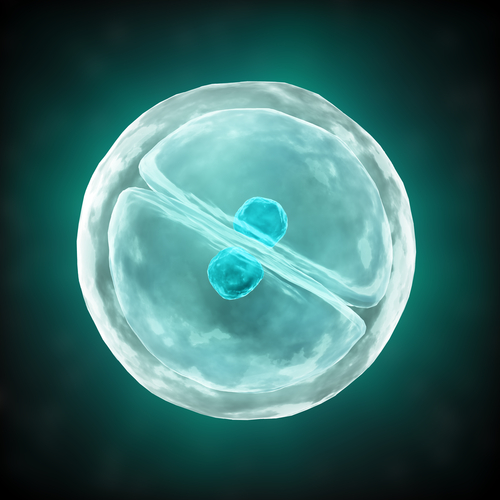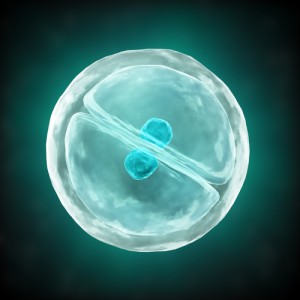First Baby Born Healthy After Pre-Implantation Genetic Diagnosis for CF in Ireland

 Baby Bridget, born on June 27th, became the first baby conceived in Ireland using pre-implantation genetic diagnosis (PGD), a technique used to screen embryos for genetic mutations such as cystic fibrosis (CF). Despite the fact that both parents have genetics that, when combined, can lead to CF in their children, baby Bridget is healthy, marking a major milestone in reproductive medicine.
Baby Bridget, born on June 27th, became the first baby conceived in Ireland using pre-implantation genetic diagnosis (PGD), a technique used to screen embryos for genetic mutations such as cystic fibrosis (CF). Despite the fact that both parents have genetics that, when combined, can lead to CF in their children, baby Bridget is healthy, marking a major milestone in reproductive medicine.
Delivered by Dr. John Waterstone, consultant obstetrician at Cork University Maternity Hospital (CUMH) and medical director of Cork Fertility Centre at the CUMH, the baby underwent screening since both parents, Lisa Cooke and Patrick Mullane, faced the risk of having a baby with CF.
“We are very pleased to announce the arrival of the first baby after PGD in Ireland. This is a fantastic day for Patrick and Lisa and an important milestone in Irish reproductive medicine,” said the physician, as quoted in an article from the Irish Times by Barry Roche. The program was designed in response to the fact that 1 in each 19 Irish adults bears the altered gene responsible for passing CF on to their offspring, meaning that 1 in 400 couples faces the risk of conceiving a baby with CF.
Couples will now be able to have an embryo screened to target the disease. “PGD allows couples at risk of a specific inherited condition to avoid passing it on to their children. Conception takes place through IVF treatment and embryos are tested for the condition before being transferred,” he explained.
[adrotate group=”1″]
The PGD treatment costs €9,800 and involves a laser assisted embryo biopsy to remove cells for genetic analysis — a procedure that requires great precision, according to the head of research and development at the Cork Fertility Centre, Dr. Xiao Zhange. After the biopsy, the embryos are frozen. The implementation of the embryos into the uterus is then made through vitrification.
“We are delighted by today’s success, it is the result of a lot of hard work over the past few years validating and perfecting the underlying laboratory processes,” said Zhang, noting that the Cork Fertility Centre was one of only two Irish IVF units to experiment with PGD, which is thought to be the most technically challenging treatment in assisted reproduction.







